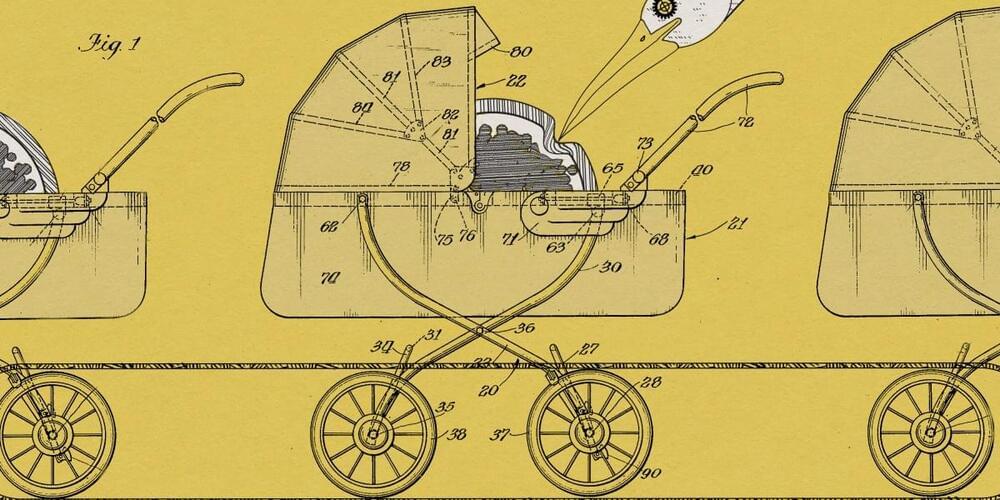Jun 26, 2023
The first babies conceived with a sperm-injecting robot have been born
Posted by Omuterema Akhahenda in categories: biotech/medical, robotics/AI
Last spring, engineers in Barcelona packed up the sperm-injecting robot they’d designed and sent it by DHL to New York City. They followed it to a clinic there, called New Hope Fertility Center, where they put the instrument back together, assembling a microscope, a mechanized needle, a tiny petri dish, and a laptop.
Then one of the engineers, with no real experience in fertility medicine, used a Sony PlayStation 5 controller to position a robotic needle. Eyeing a human egg through a camera, it then moved forward on its own, penetrating the egg and dropping off a single sperm cell. Altogether, the robot was used to fertilize more than a dozen eggs.
The result of the procedures, say the… More.
Continue reading “The first babies conceived with a sperm-injecting robot have been born” »

















